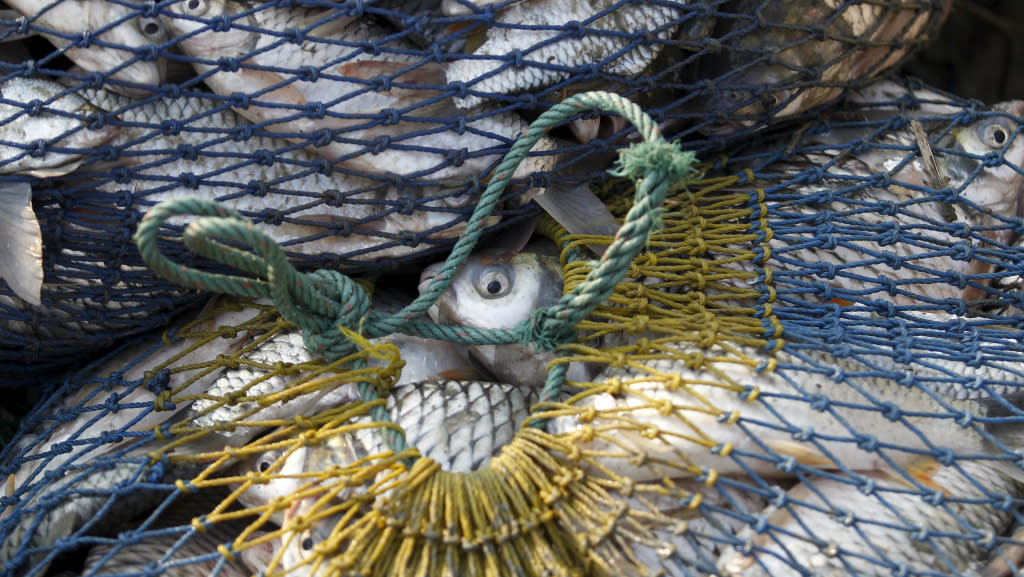One in every five fish we eat is a fraud

If you like to eat seafood, chances are you’ve been lied to—many, many times.
A new report (pdf) by environmental non-profit group Oceana has found that about one in five fish purchased in retail and restaurants is mislabeled, and in many cases the lie was intentional.
How non-English speakers are taught this crazy English grammar rule you know but have never heard of
Oceana analyzed more than 200 peer-reviewed journal articles, as well as news reports, government documents, and non-profits reports. In all, it found 19% of the 25,700 global samples gleaned from the literature had been mislabeled.
The bulk of shark being served in Brazil was actually largetooth sawfish (an endangered species). In Italy, pufferfish were found being marketed as squid. In the US, the most commonly faked fish were snapper, grouper, and salmon. Many of the white fishes sold in the US as snapper and grouper were actually Asian catfish.

Asian catfish, or Pangasius, was found to be the most commonly substituted fish in the world—used as a substitute for 18 varieties of common fish.
In many countries, it’s legal to sell several species of fish under one general name. In Greece, for instance, hake, cod, haddock, and whiting were all sold as “bakaliaros.” There’s a similar trend in the US, according to the report.
Sixty-six different species are allowed to be sold as “grouper” there, making it nearly impossible for consumers to know which specific fish they are buying. Like the squid in Italy, pufferfish has been disguised as cod in China, filefish in Taiwan, and monkfish in Chicago. In at least five countries, consumers have fallen ill by eating escolar sold as cod, seabass, rudderfish, butterfish, and white tuna. According to Oceana, that type of fraud prevents consumers from choosing seafood based on its sustainability, for health reasons, or for other concerns.
In 2014, the global seafood trade—the millions of tons of fish that are harvested, processed and shipped around the world—was valued at $148 billion. While it’s unclear how costly fraud winds up being for the industry, Oceana said fish adulteration is big business.
“Across the world, our review reveals that seafood mislabeling appears to be motivated primarily by economic gain through intentionally misleading buyers at every level of the seafood supply chain,” the report states. “About 65% of the studies reviewed include clear evidence of economically-motivated adulteration of seafood products.”
The report comes ahead of a conference this month organized by US secretary of state John Kerry to discuss sustainable fishing, along wit h other ocean-related problems and policies.

Sign up for the Quartz Daily Brief, our free daily newsletter with the world’s most important and interesting news.
More stories from Quartz:


